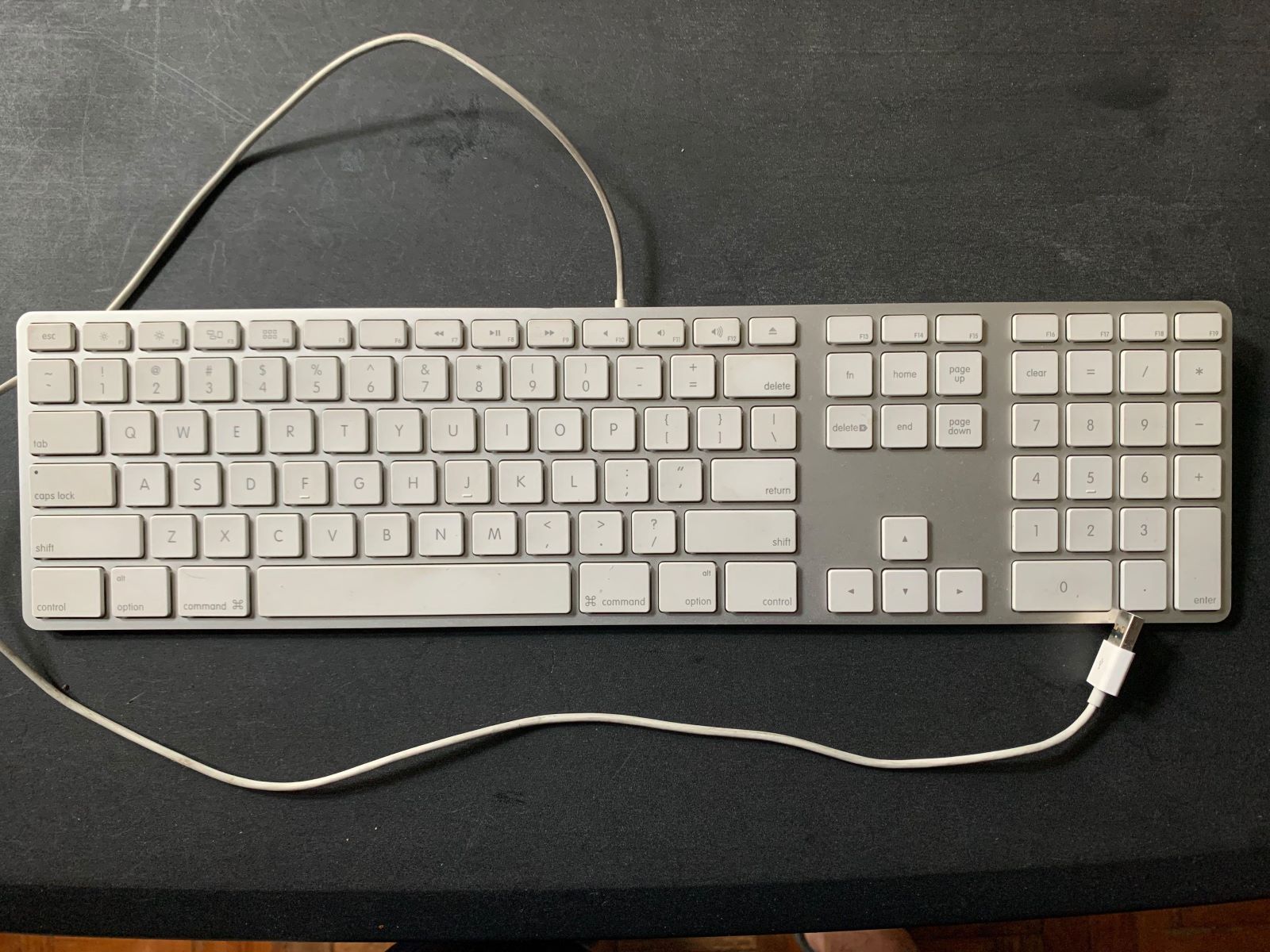Sila, a leading company in silicon anode battery technology, has announced a major development in its mission to commercialize breakthrough battery materials. The company has signed a supply agreement with Panasonic, a renowned manufacturer in the automotive industry. This deal will involve Sila supplying its innovative Titan Silicon anode material to Panasonic for use in lithium-ion cells.
Key Takeaway
Sila has secured a supply agreement with Panasonic to provide its Titan Silicon anode material for use in lithium-ion cells. This partnership is a significant achievement for Sila, validating their breakthrough battery technology. The collaboration will initially focus on luxury vehicles, enabling greater performance or reduced cell usage. As the technology progresses, it is anticipated that higher-performing batteries will become more affordable.
Advancing Battery Technology with Silicon Anodes
While solid-state batteries continue to generate buzz, their widespread implementation is still a few years away. However, a promising alternative on the horizon is silicon anode technology. Several companies are engaged in a race to bring this technology to the market, as it promises significant increases in energy density compared to current chemistries.
Sila, which has been at the forefront of silicon anode battery development, recently made an important breakthrough. The company has successfully secured a deal with Panasonic to supply its innovative Titan Silicon anode material. The production of these advanced batteries will take place at Sila’s upcoming Moses Lake facility, which is currently under construction.
A Milestone for Sila
This supply agreement is a significant milestone for Sila, which has been in operation for 13 years. The company has already raised over $900 million in funding, and it also received a $100 million grant from the Department of Energy in October 2022 to support its manufacturing scale-up efforts. This partnership with Panasonic validates Sila’s groundbreaking technology and positions the company as a key player in the battery market.
Speaking about the collaboration, Sila’s co-founder and CEO, Gene Berdichevsky, explained that in the initial stages, the batteries containing Titan Silicon anodes will come at a small premium due to their higher performance. Luxury vehicles, such as the Mercedes electric G-Class SUV, set to debut in 2025, will be among the first to utilize these high-performance cells. By leveraging the enhanced energy capacity of silicon anodes, automakers can either increase the performance of their vehicles using the same number of cells or maintain the same performance while using fewer cells.
Berdichevsky further emphasized that as the decade progresses, the higher performance of these batteries will lead to a lower price at the battery pack level. This development signifies a positive shift in the affordability and accessibility of advanced battery technology, benefiting both the automotive industry and consumers.
























